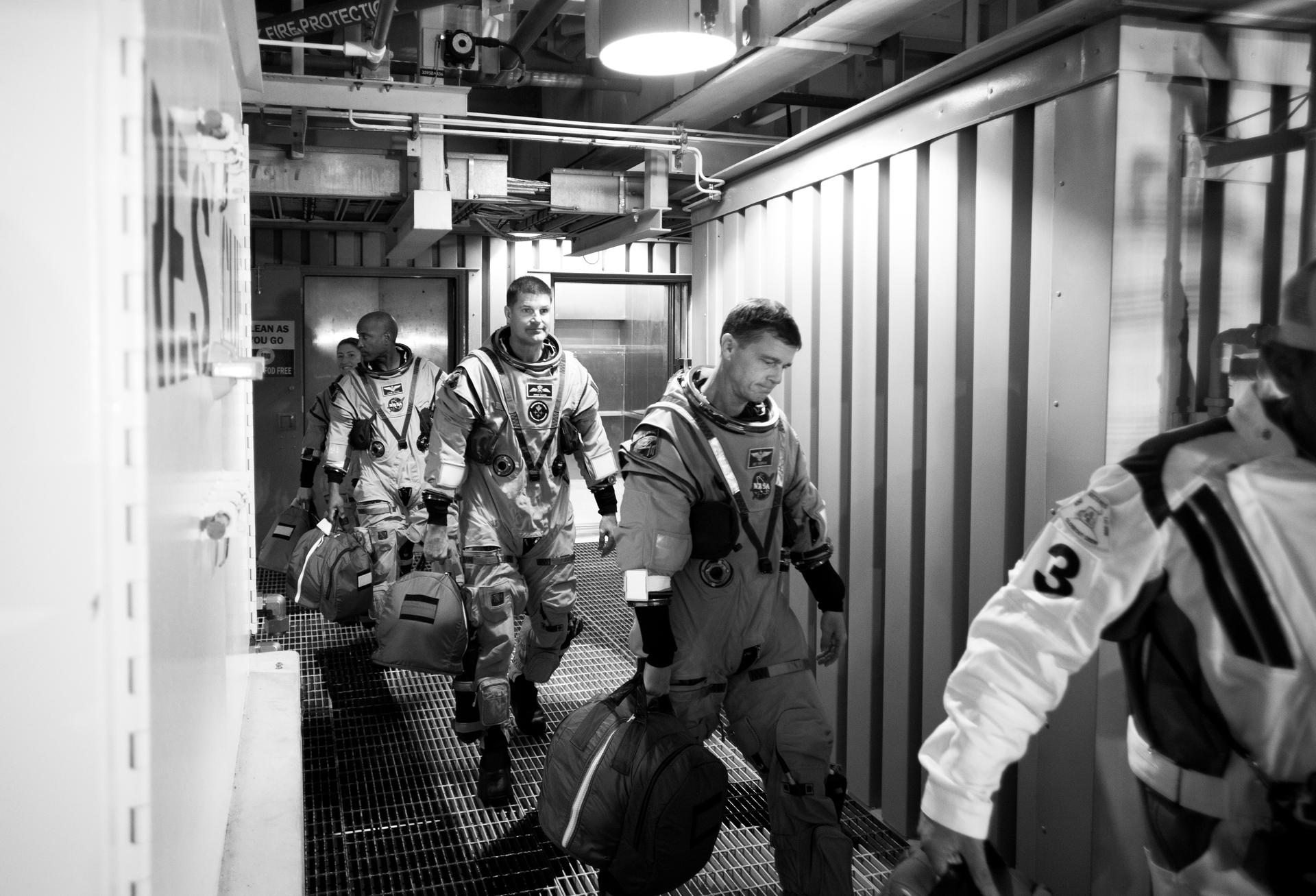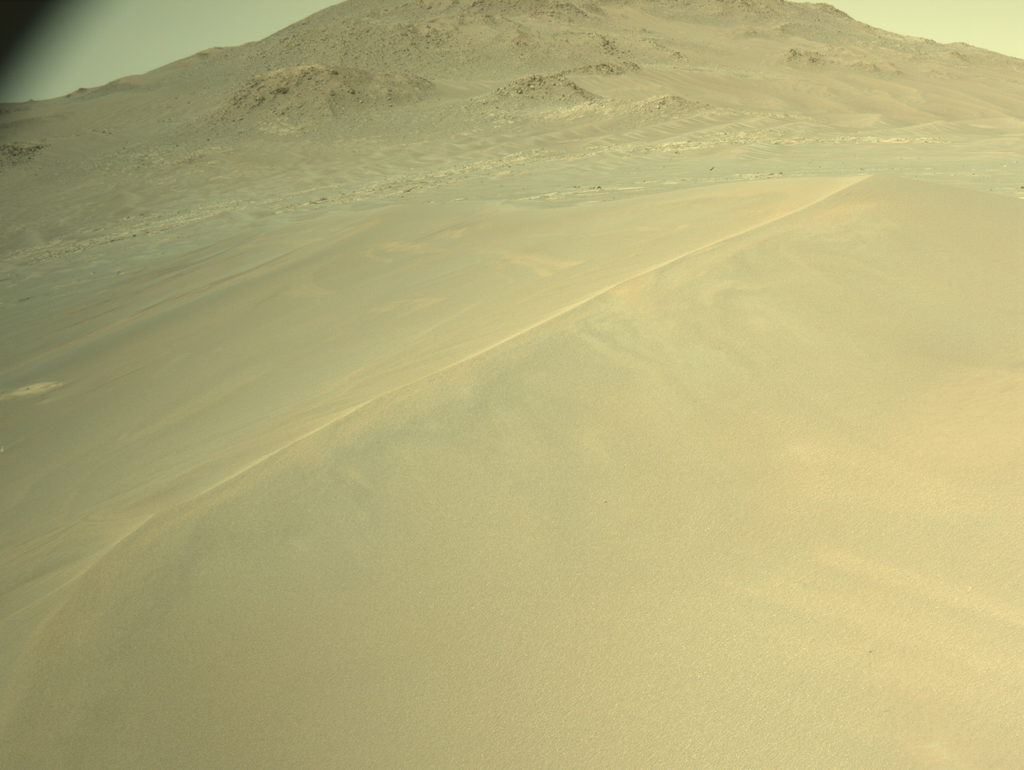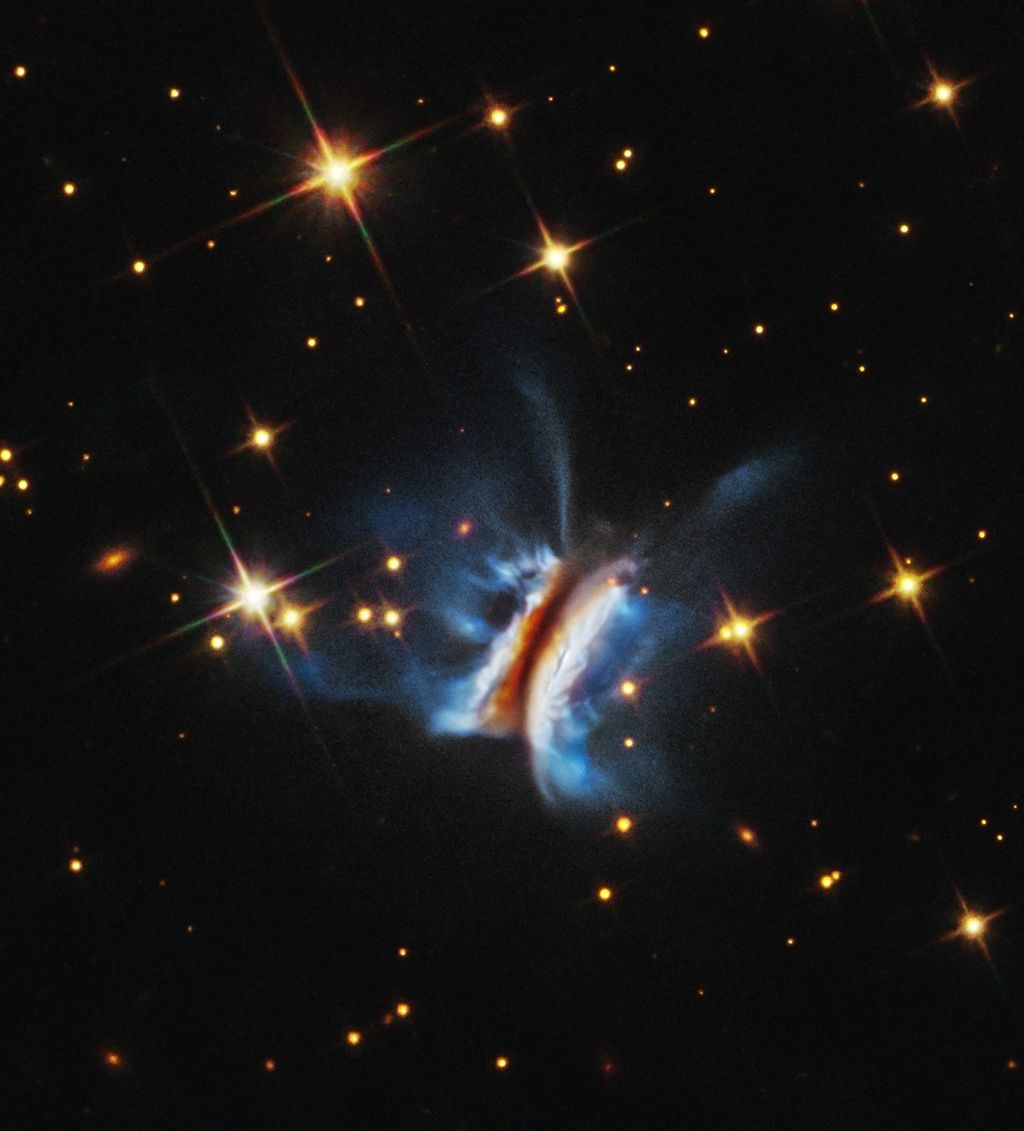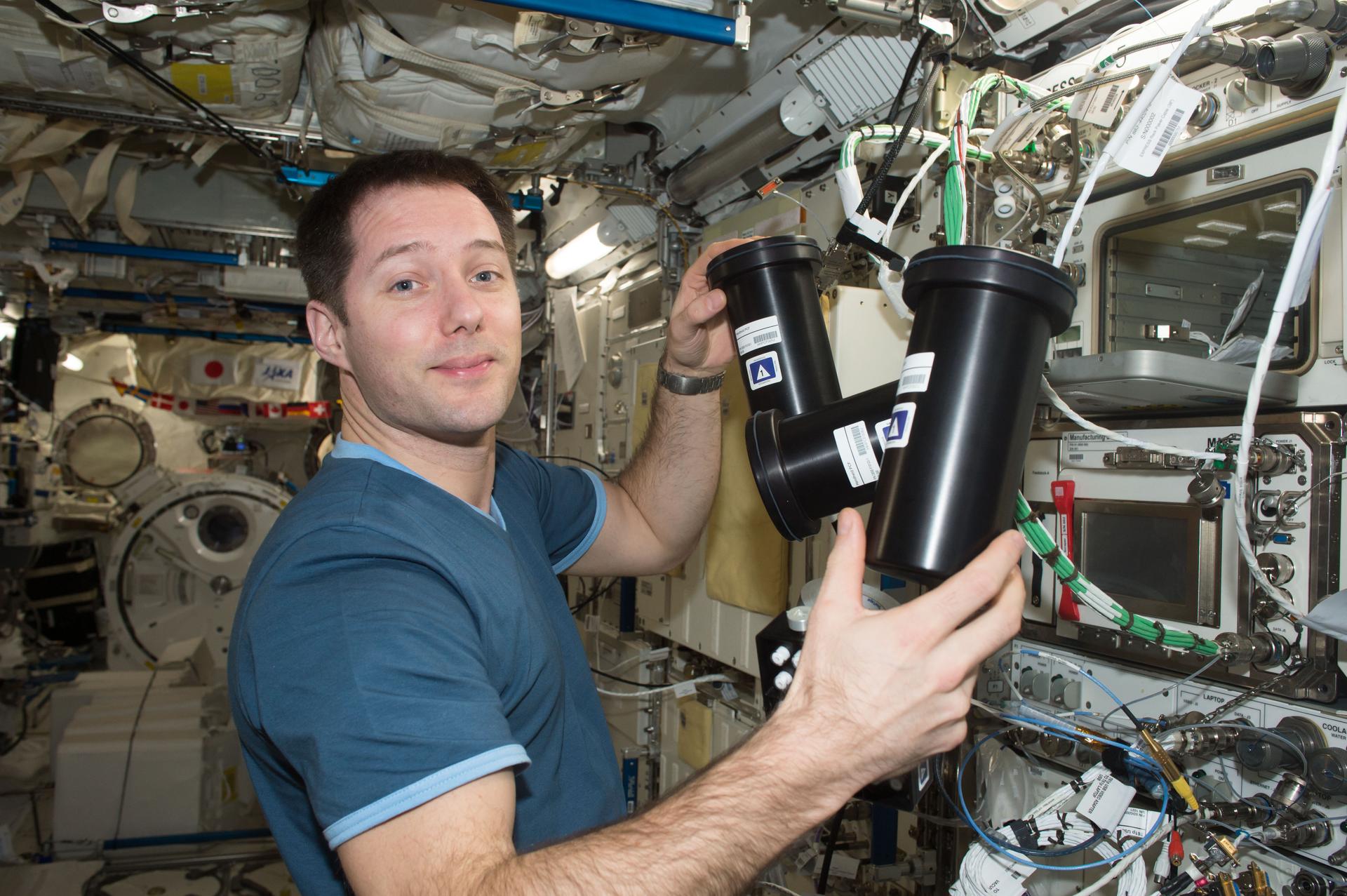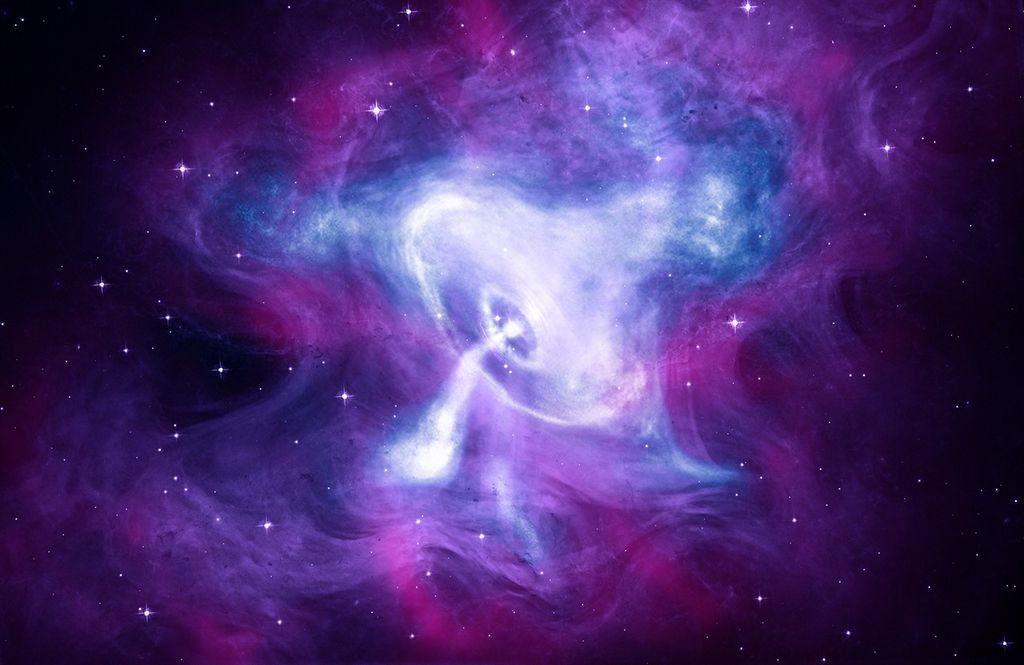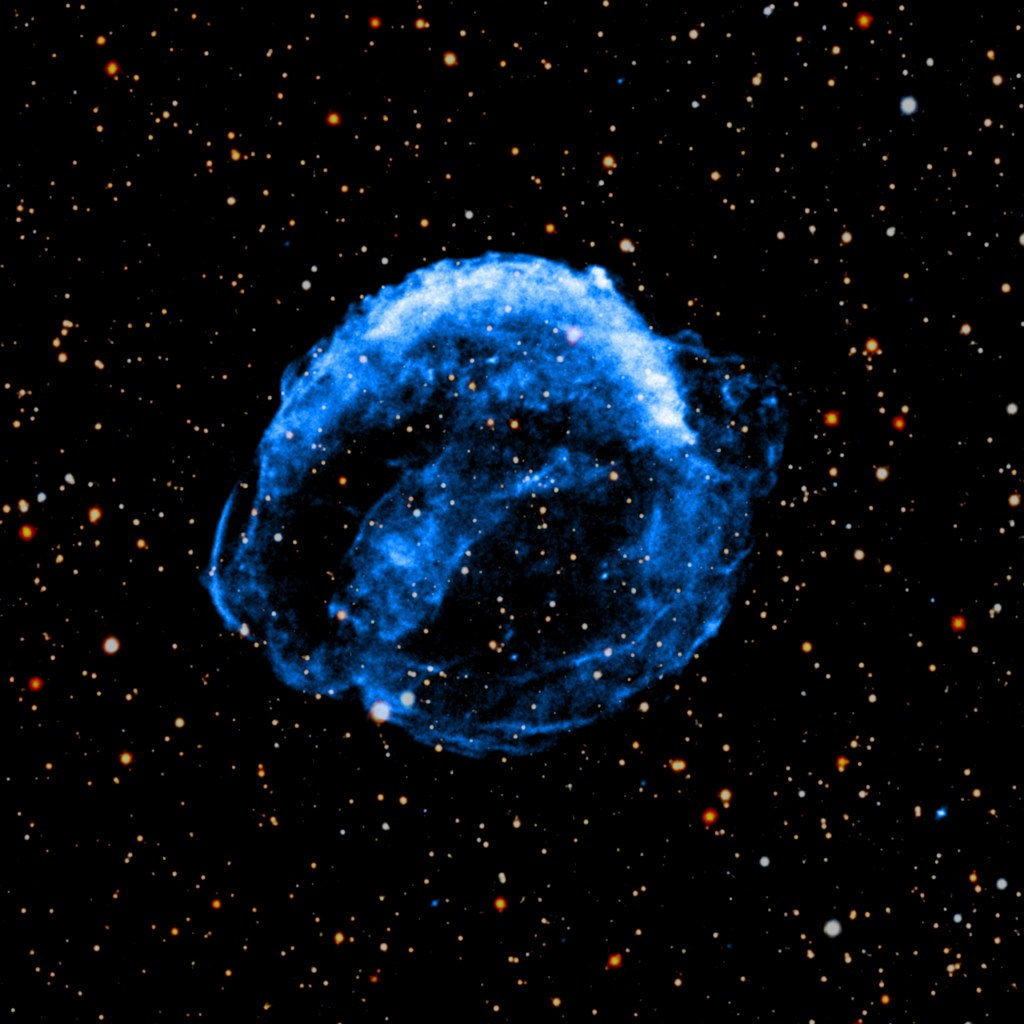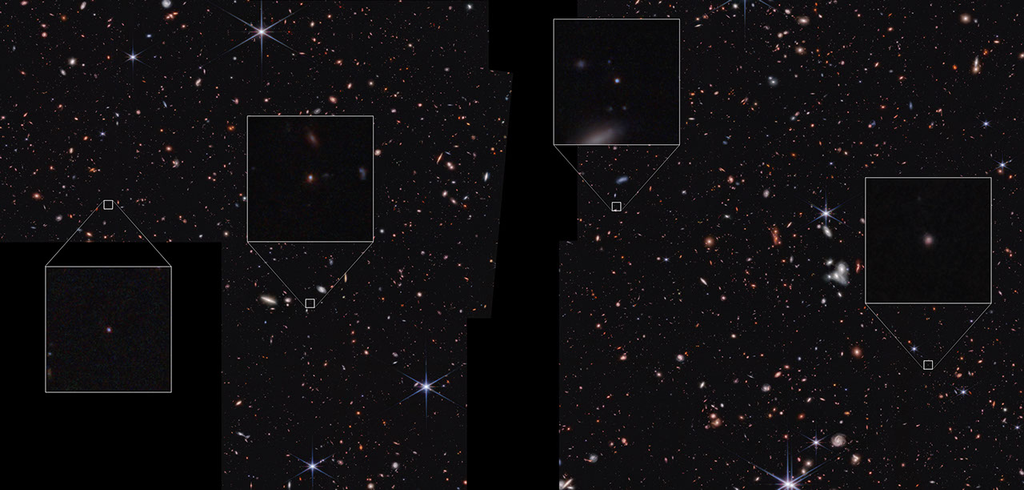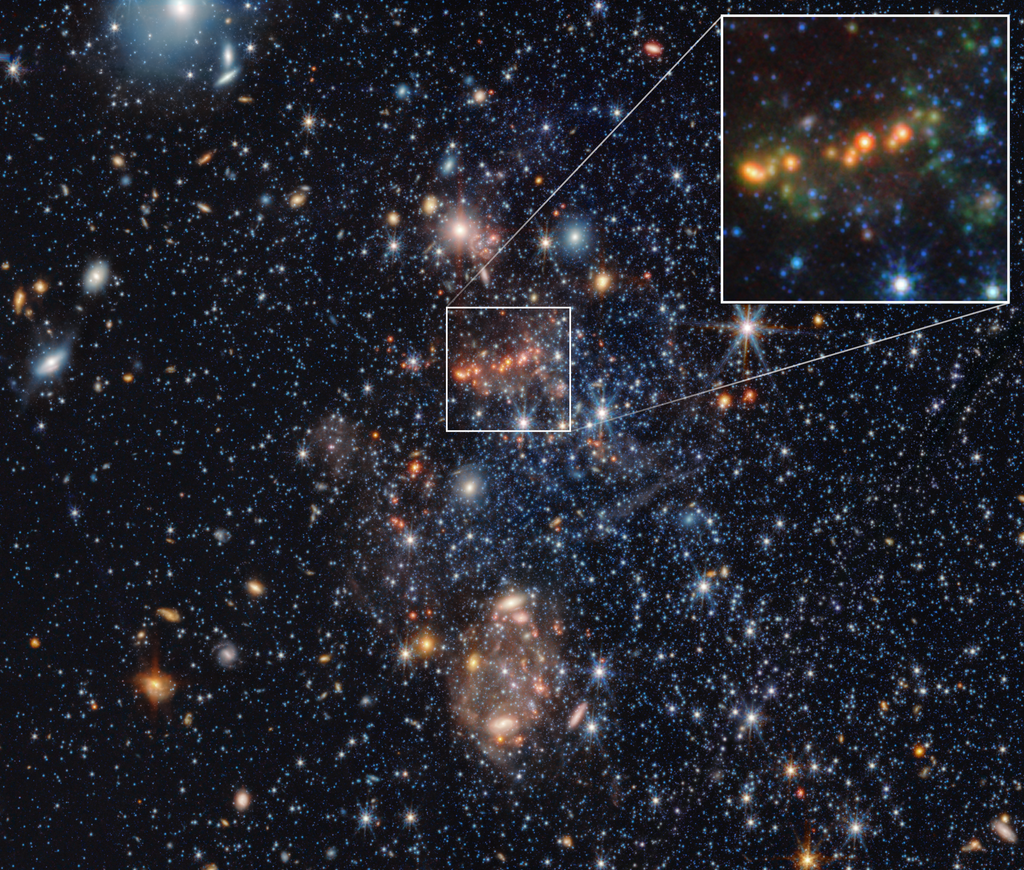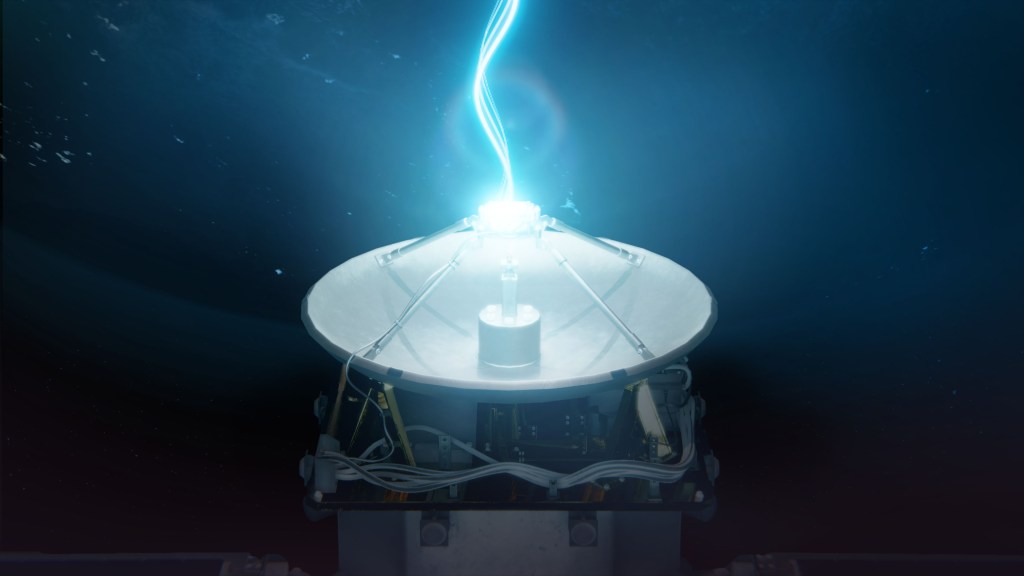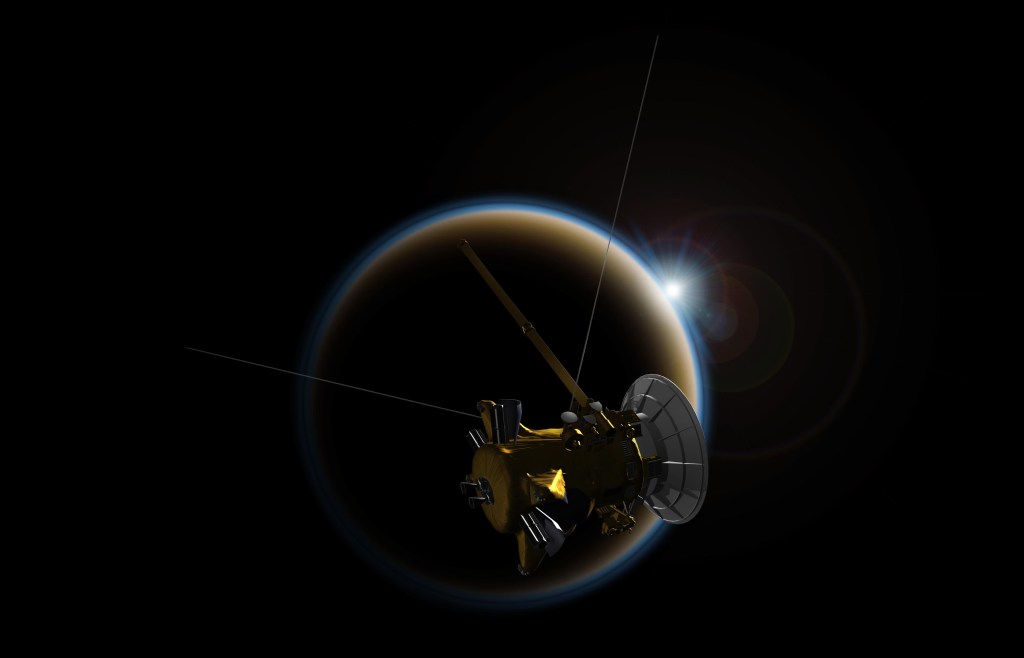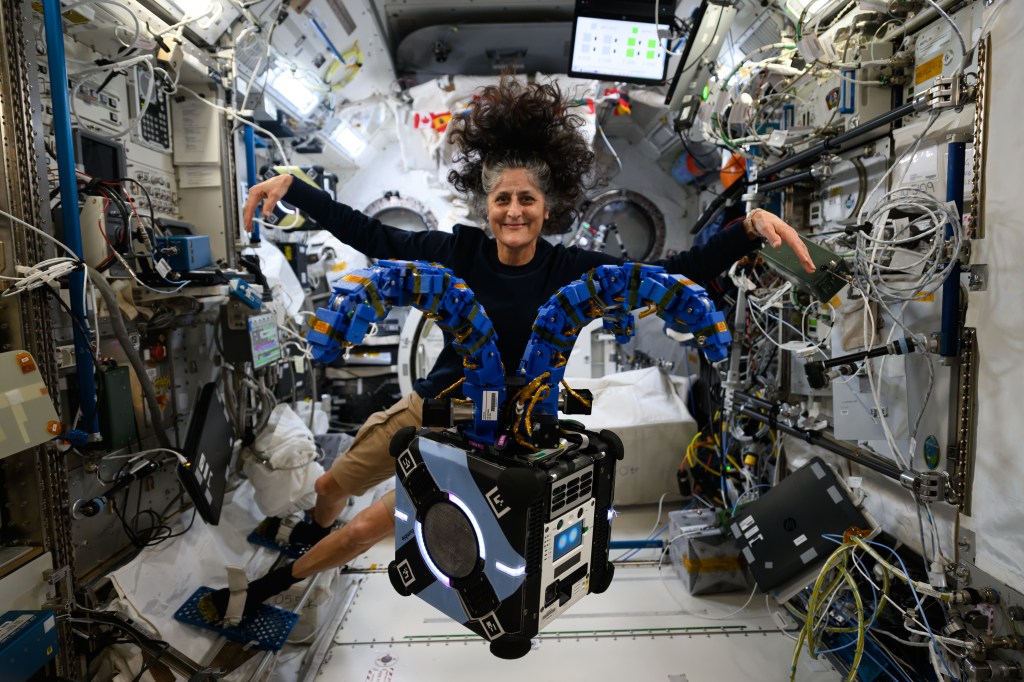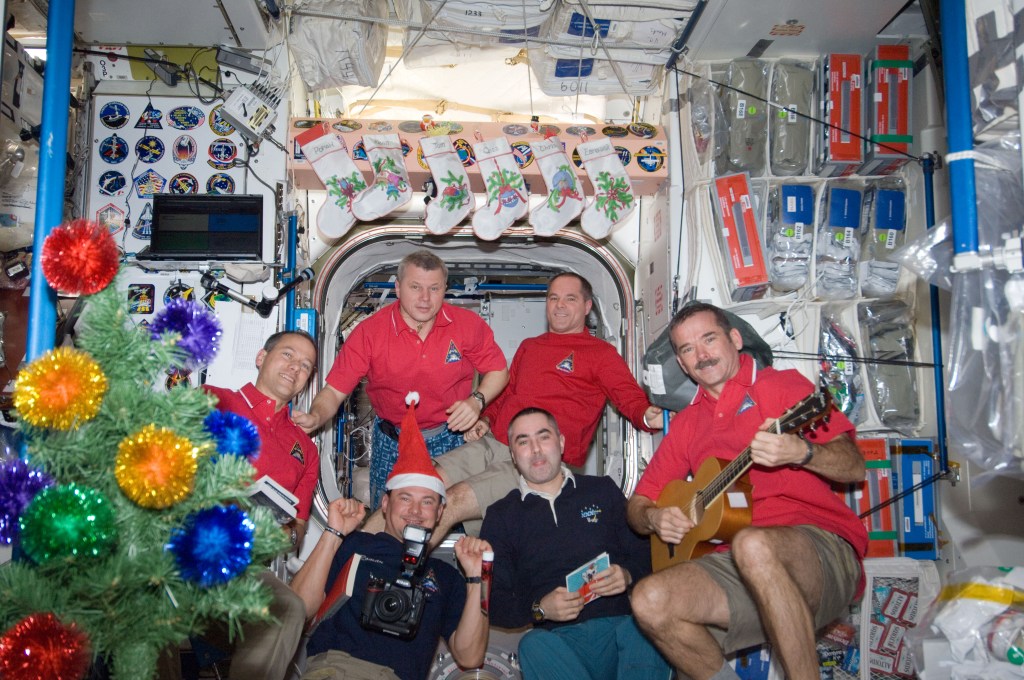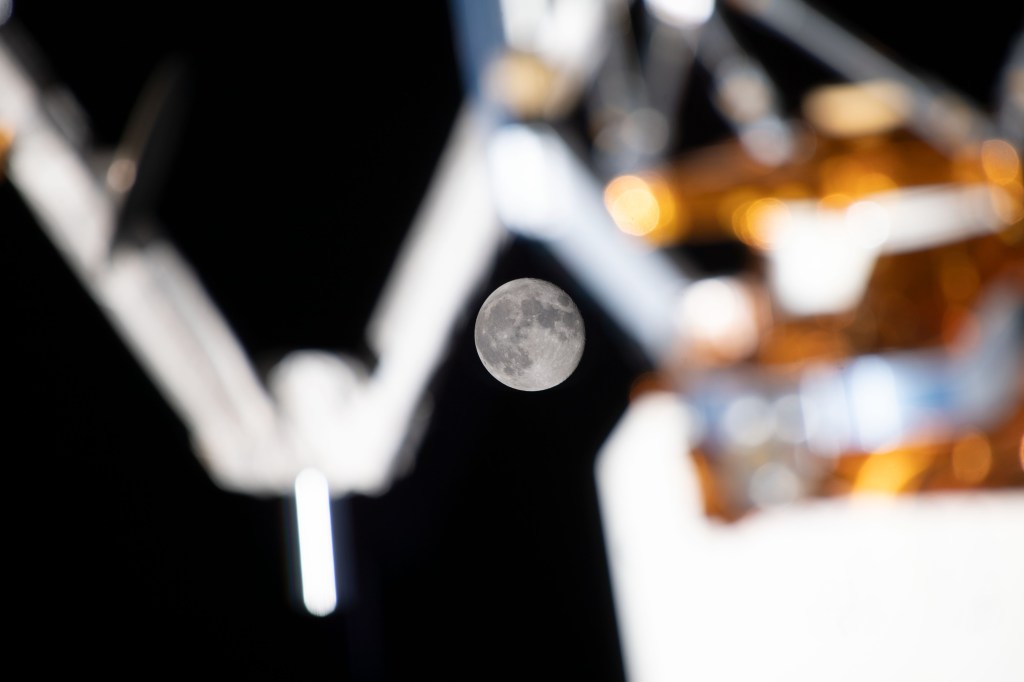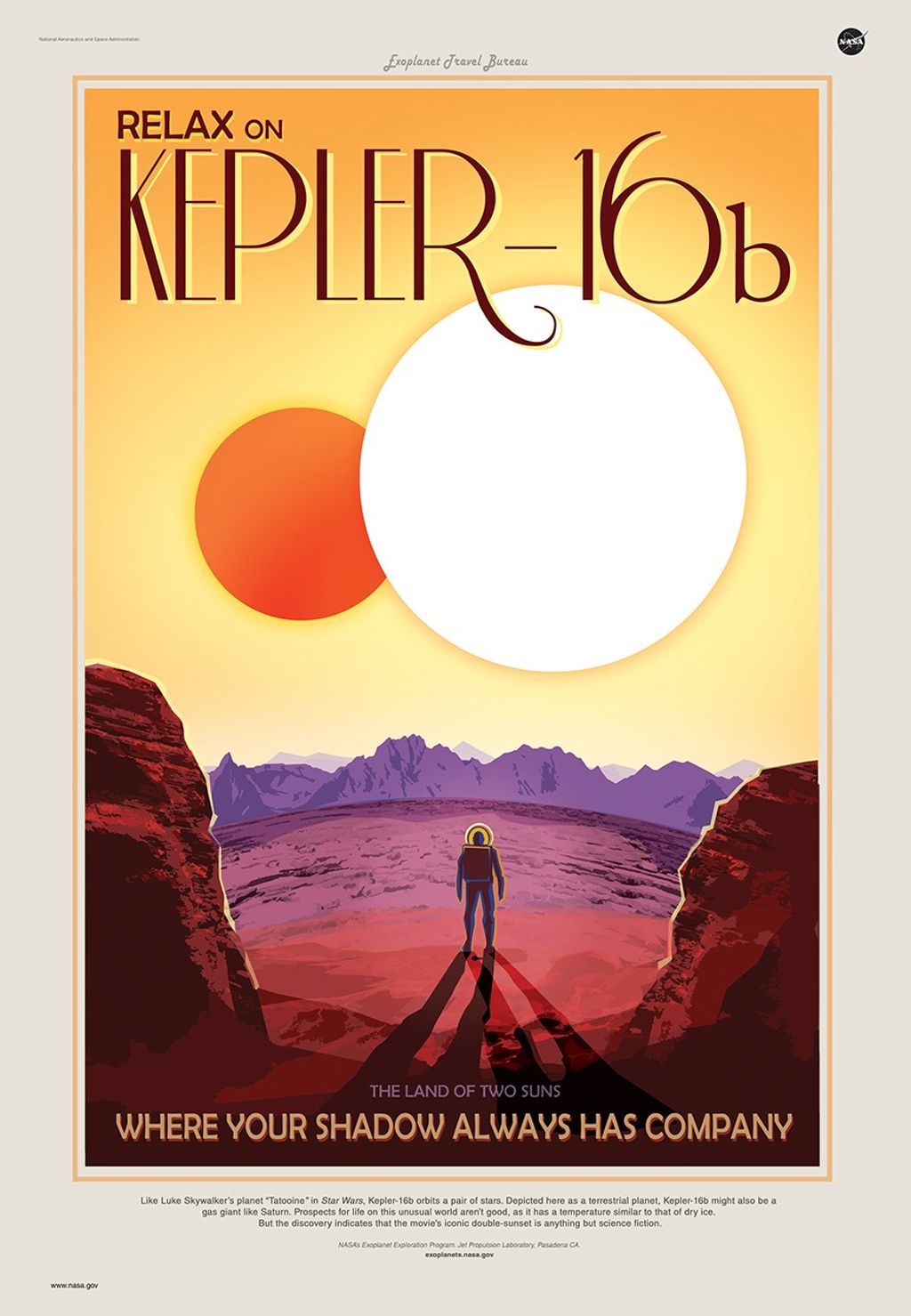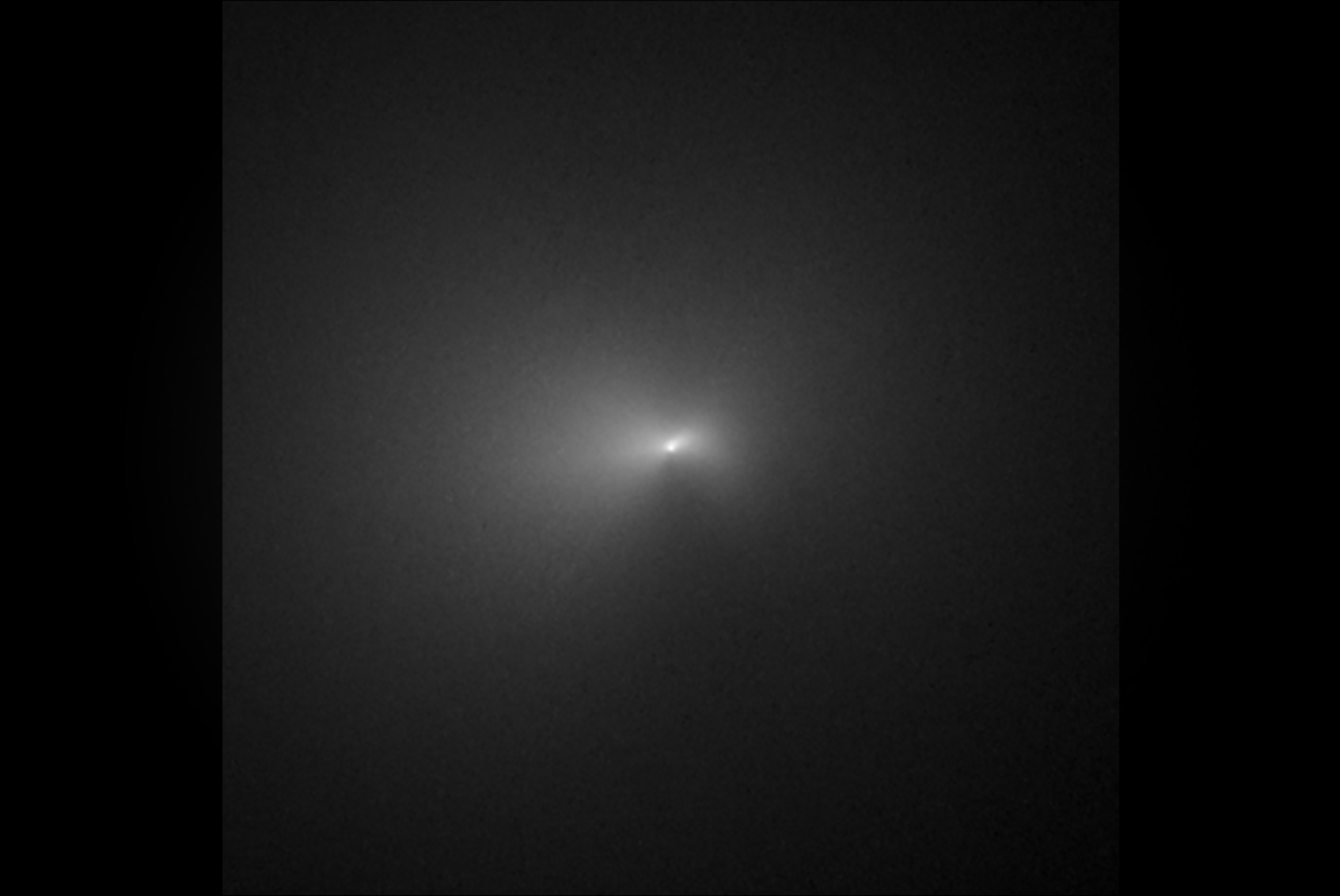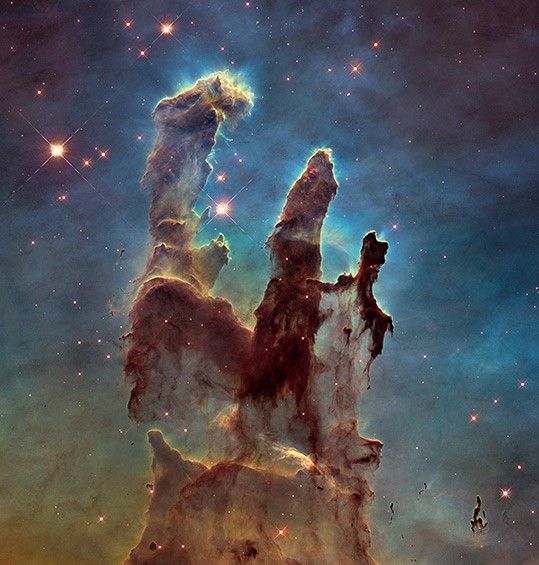1 min read
Comet NEOWISE Close-up

This image of comet C/2020 F3 (NEOWISE) was taken by the Hubble Space Telescope on August 8, 2020. Hubble’s image represents the first time a comet of this brightness has been photographed at such resolution after this close of a pass by the Sun.
The two structures appearing on the left and right sides of the comet’s center are jets made up of ice sublimating from beneath the surface of the nucleus, with the resulting dust and gas being squeezed through at a high velocity. The jets emerge as cone-like structures, then are fanned out by the rotation of comet NEOWISE’s nucleus.
About the Object
- DistanceDistanceThe physical distance from Earth to the astronomical object. Distances within our solar system are usually measured in Astronomical Units (AU). Distances between stars are usually measured in light-years. Interstellar distances can also be measured in parsecs.At the time of observations, the comet was .966 AU from Earth (183 million miles).
About the Data
- Data DescriptionData DescriptionProposal: A description of the observations, their scientific justification, and the links to the data available in the science archive.
Science Team: The astronomers who planned the observations and analyzed the data. "PI" refers to the Principal Investigator.The HST observations include those from the Program 16418 (Q. Zhang). - InstrumentInstrumentThe science instrument used to produce the data.WFC3/UVIS and ACS/WFC
- Exposure DatesExposure DatesThe date(s) that the telescope made its observations and the total exposure time.8 August 2020
- FiltersFiltersThe camera filters that were used in the science observations.F487N, F689M, F845M, F775W
- Object NameObject NameA name or catalog number that astronomers use to identify an astronomical object.C/2020 F3 NEOWISE
- Object DescriptionObject DescriptionThe type of astronomical object.Comet
- Release DateAugust 21, 2020
- Science ReleaseHubble Snaps Close-Up of Celebrity Comet NEOWISE
- Credit

These images are a composite of separate exposures acquired by the WFC3 and ACS instrument on the Hubble Space Telescope. Several filters were used to sample narrow wavelength ranges. The color results from assigning different hues (colors) to each monochromatic (grayscale) image associated with an individual filter. In this case, the assigned colors are: Blue: F487N Green: F689M Red: F845M Luminosity: 775W
Related Images & Videos
Share
Details
Claire Andreoli
NASA’s Goddard Space Flight Center
Greenbelt, Maryland
claire.andreoli@nasa.gov


